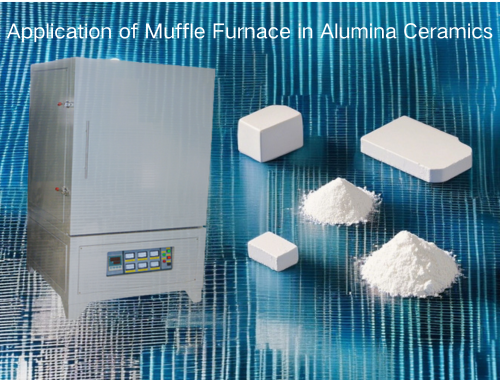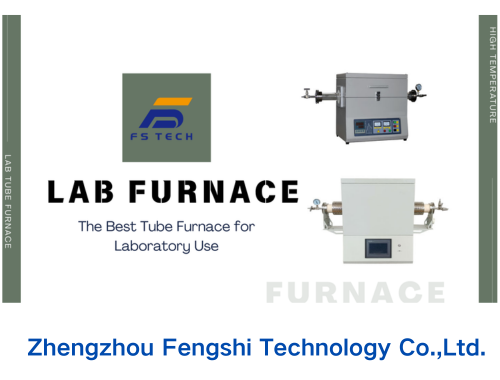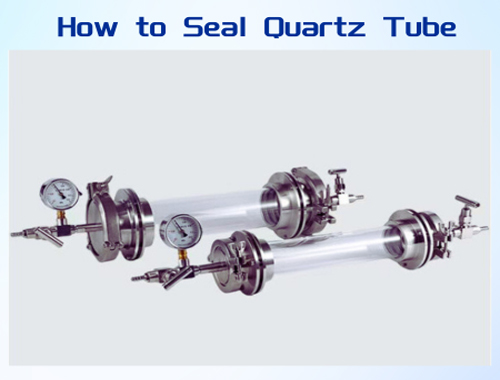Overview
Muffle furnaces (box-type resistance furnaces) play a crucial role in the production and research of alumina ceramics (Al₂O₃ ceramics), primarily used for high-temperature sintering, heat treatment, and other critical processes.
Key Applications
- Sintering of Alumina Ceramics
High-temperature sintering: Muffle furnaces provide a stable 1600–1800°C environment for sintering alumina ceramics.
Densification: Precise temperature control enhances particle diffusion, improving ceramic density.
Grain growth control: Adjusting sintering temperature and holding time regulates alumina grain size.
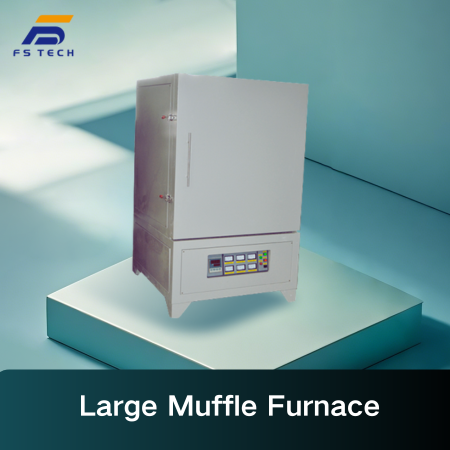
- Heat Treatment Processes
Annealing: Reduces internal stress in alumina ceramics, enhancing mechanical properties.
Thermal modification: Alters microstructure and properties through controlled heat treatment.
- Research & Development
New material development: Used for sintering tests of alumina-based composite materials.
Process optimization: Evaluates the effects of different sintering parameters on alumina ceramic performance.
Technical Advantages
Uniform heating: Ensures consistent temperature distribution for high-quality sintering.
Precise temperature control: ±1°C accuracy for reliable results.
Atmosphere control: Some muffle furnaces support protective gas (N₂, Ar, etc.) to prevent oxidation.
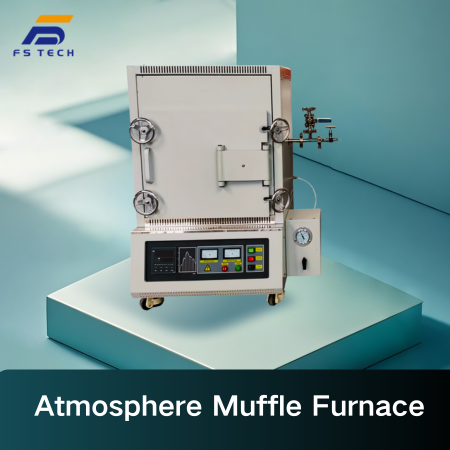
Selection Criteria for Muffle Furnaces
Maximum temperature should exceed sintering requirements by 100–150°C.
Chamber size must accommodate product dimensions.
Heating rate & control accuracy based on process needs.
Atmosphere options (air, inert gas, or vacuum) depending on material requirements.
Industry Trends
With expanding applications of alumina ceramics, muffle furnaces are evolving with:
Smart temperature control systems
Energy-efficient designs
Multi-atmosphere compatibility



